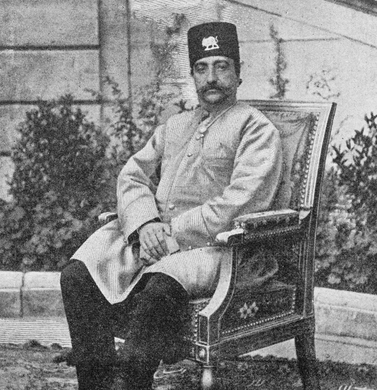|
Why is there an emphasis on those who work for the government, an embassy, or mission to see the need to attend an etiquette course? Ray S. Leki from Foreign Service Institute, U.S. Department of State states, “the rules and processes of diplomatic protocol are based in pragmatic thinking, common sense, and good manners.” We know that etiquette is about politeness and courtesy, but not all are diplomats working for embassies or governments. Do I need to know or even show diplomacy in my everyday life? The answer, in short, is yes. Diplomacy Diplomacy is the art of conducting, communicating, negotiating, and fine-tuning mutual relations of people, organisations and countries. Diplomacy can be used for non-adversarial interactions to promote one’s or group interests or critical events and defuse tensions. The use of diplomacy allows for open, transparent dialogue, which enhances friendly relations as long as possible. But first, let’s look at two etiquette faux pas that has occurred on an international scale. Let’s take a walk-through history….
Etiquette
Based on historical evidence, Queen Victoria was fascinated with those from different countries and enjoyed cultural differences. No doubt she would have used her etiquette not to embarrass her guest, The Shah of Iran; she showed the quality of adaptability and accepted the partly eaten asparagus. Emperor Akihito shows compassion towards Taro Yamamoto by taking the piece of paper. Whether he read it or not was another question. The emperor calmly took the letter and gave the handwritten "washi" paper to his chief steward. Conclusion Both Queen Victoria and Emperor Akihito could have shown nonchalance towards the Shah of Iran or Taro Yamamoto and moved on very quickly. However, they used their etiquette and diplomacy to benefit everyone, not just themselves. Maura Graber – Etiquette Historian stated that “protocol and etiquette is under the umbrella of diplomacy….as humanity evolves, diplomacy evolves along with it. Diplomacy has to evolve for society to keep going… it's very cyclical. As the modern era brings in modern dilemmas, etiquette and diplomacy have to change to confront those modern issues.“
0 Comments
Leave a Reply. |
AuthorElizabeth Soos Archives
March 2025
Categories |
|
CONTACT US Submit Your Enquiry |


 RSS Feed
RSS Feed

